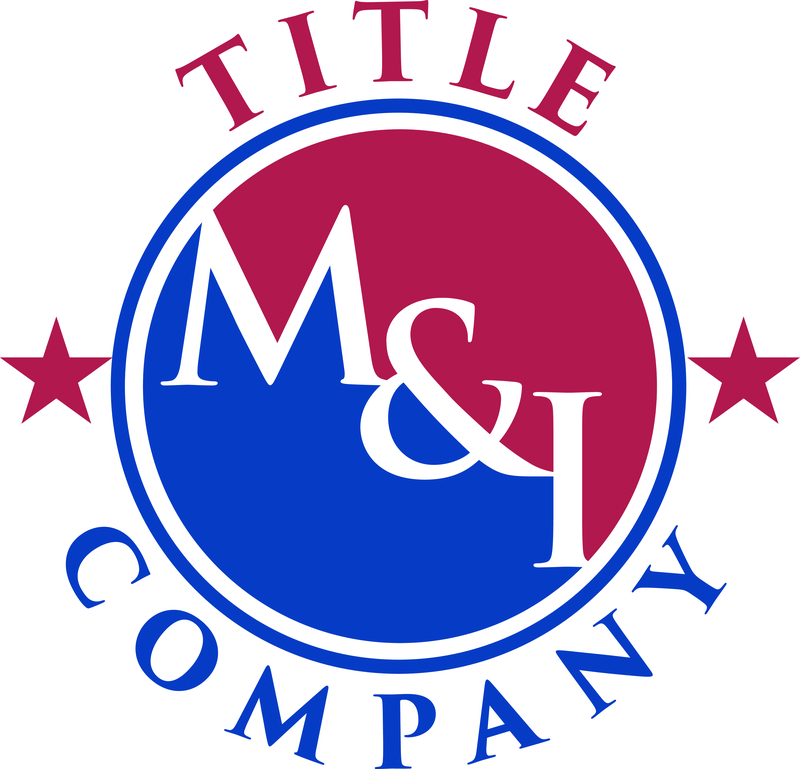St Louis home buyers today face stiff competition from other buyers and often find themselves in a “multiple bid” situations where a seller has several offers to consider. This has led many buyers agents to suggest the use of “escalation clauses” by their clients in order to increase their chances of success. However, not everyone in real estate industry agrees that this is a good practice and some think it is doesn’t serve the buyer well. I tend to fall into the latter camp as I am not a fan of escalation clauses for buyers, however, in the right situation and when done properly, I do believe they could benefit a buyer.
What’s wrong with escalation clause use by buyers?
In the interest of brevity, which, is not my strong suit, I’m going to simply make a list of the issues:
- If the buyer is willing to do an escalation clause, they are obviously willing to pay more than they are offering. Given that in the scenario that would give rise to an escalation clause being considered probably means the buyer gets one shot at it, it may make more sense for the buyer to make their best offer from the start.
- Buyer is “showing their hand” to the seller. The escalation clause reveals to the seller the true value the buyer sees in the house and there is nothing that prevents the seller from using this to their benefit. For example, if buyer’s offer if $205,000 but the escalation clause indicates that buyer will beat any offer by $1,000 up to a maximum of $210,000, guess what my advice to the seller will get in terms of a counter offer? You guessed it, $210,000.
- Seller may question buyers approach and choose to deal with a buyer that appeared more forthcoming. This one comes straight from experience on the sellers’ side of things on some deals. Some sellers are a little put off by buyers using escalation clauses feeling like they are willing to pay more but trying to take advantage and buy it cheaper if possible. If there is another “clean” deal that is close in price, the seller may choose to try to make a deal with them first. There is also some uncertainty for the seller as to whether the escalation clause buyer will actually agree to the increased price if it kicks in.
What’s good with escalation clause use by buyers?
It’s not all bad though, so here’s the other side of the coin:
- The buyer may get the house they want.
- It may give the buyer a “second bite” at the apple, so to speak. The escalation clause may give the buyer another chance to make a deal (at a higher price) that he wouldn’t have had perhaps without the escalation clause.
- It gets the seller to “show their hand” a little too…Most escalation clauses provide for the seller to provide proof of the better offer they want the buyer to beat so, assuming the seller plays along (which is not guaranteed, however) the buyer will get a look at the “better” offer. If the buyer sees that it is truly not equal perhaps in terms, the strength of buyer, etc, the door may be opened for the buyer to do some more negotiating armed with the knowledge of what the competition is. At a minimum, the buyer can tuck this bit of knowledge away and save it for when it comes time to negotiate the building inspection.
The final word...
As I mentioned in the beginning, I’m generally not a fan of escalation clauses but will admit there are times when they could be beneficial to a buyer. Even then though, I would advise a buyer to be very careful about the approach and specifically the terms of the escalation clause. We have gone as far as developing a contract rider specifically for the escalation clause which, I believe, is about as good as it gets in terms of protecting the buyer while still giving them the benefit of an escalation clause. For that matter, our rider actually protects the seller too…it’s just a good, fair document. If you would like a copy, contact me.


